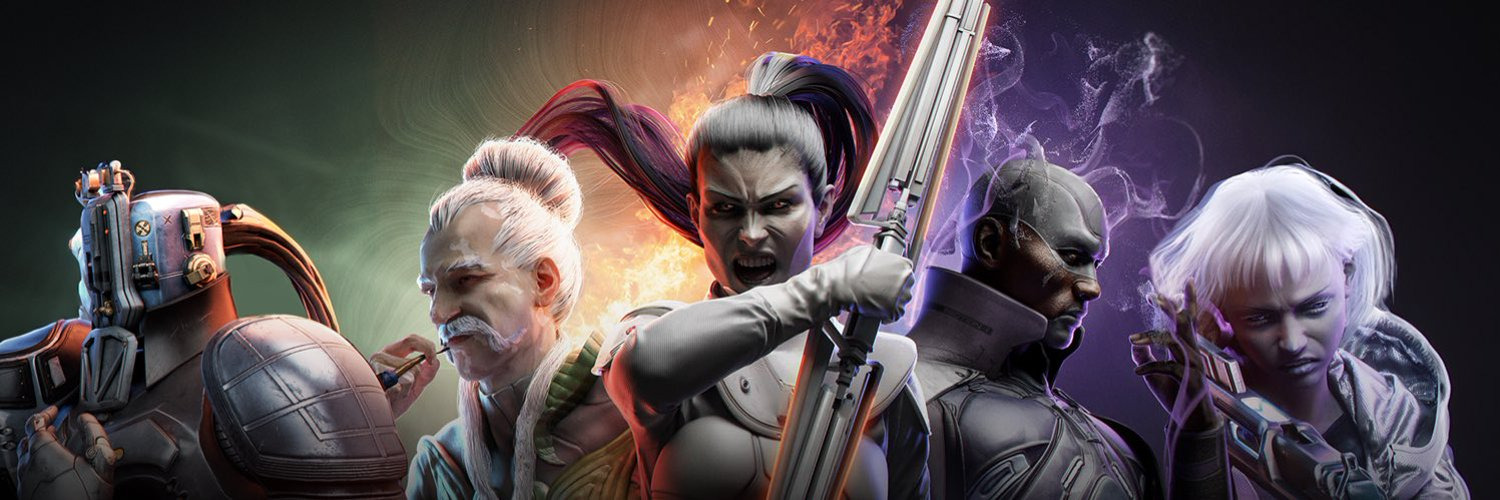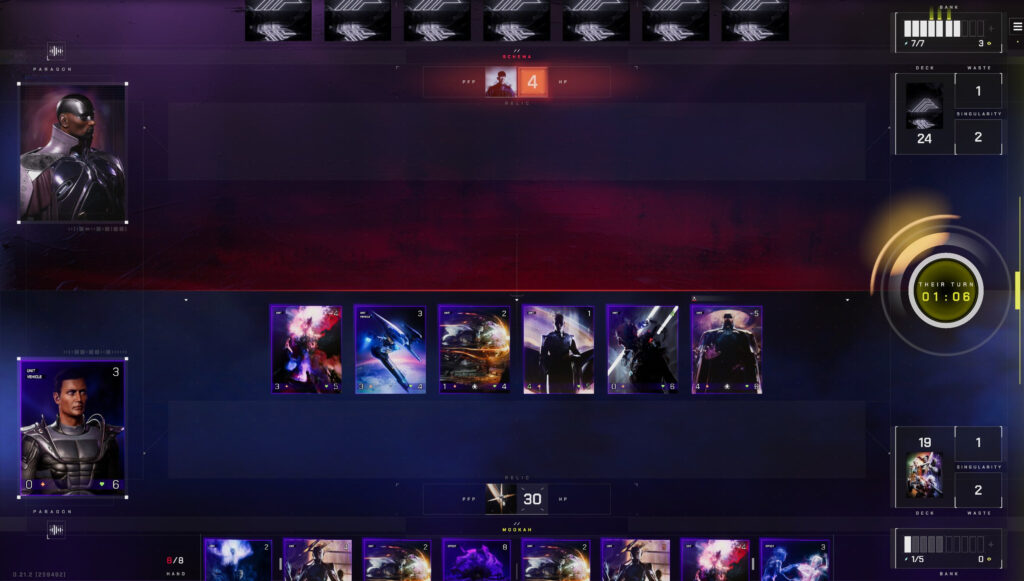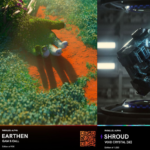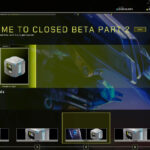Though currently still in beta testing, Parallel introduces a new feature to their TCG system, allowing players to duplicate their cards, creating Echo versions. By doing so they setup a player-run economy for these card copies, which should prove beneficial to both new and veteran players!
Replication comes to Parallel, letting players clone their cards, creating Echo versions which players can then trade on the market!
Replication is the creation of Echo cards from owned First Edition, Special Edition, or Perfect Loop cards. Players create Echo cards using PRIME token, and Renown, experience points earned by individual cards while playing the game. Echo cards have the same functionality as the original, though they can never be duplicated. However, Echo cards do earn less Renown than other cards, and they will also be classified into their own set for easy distinction.
The cost for Replication is 800 Renown and a fluctuating price in PRIME. The more copies of a card that are replicated, the higher the cost in PRIME tokens.
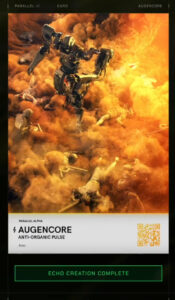
Not only does this Replication system allow veteran players and card owners an opportunity to make a little money on the side, but it also gives players a chance to acquire rare and in-demand cards for a cheaper price while keeping the collectible value of the original collections.
Parallel has been releasing regular patches to their beta with bug fixes, balancing adjustments, and new features. And they still have a lot more that they plan to add!
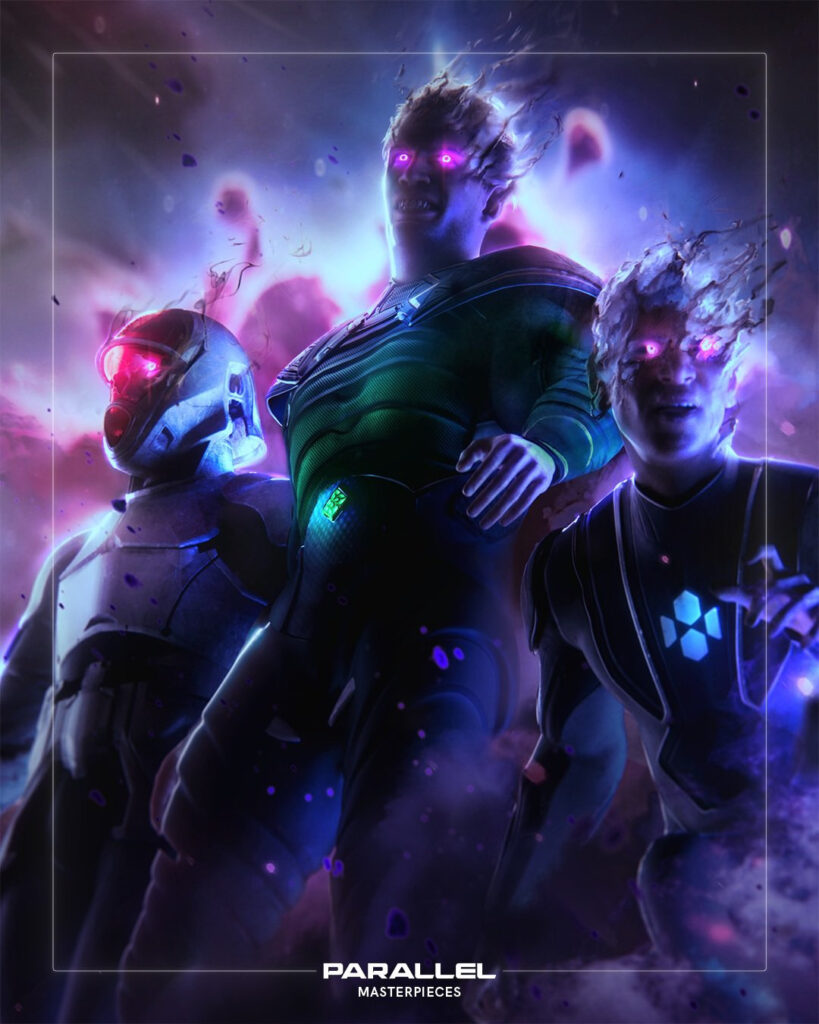

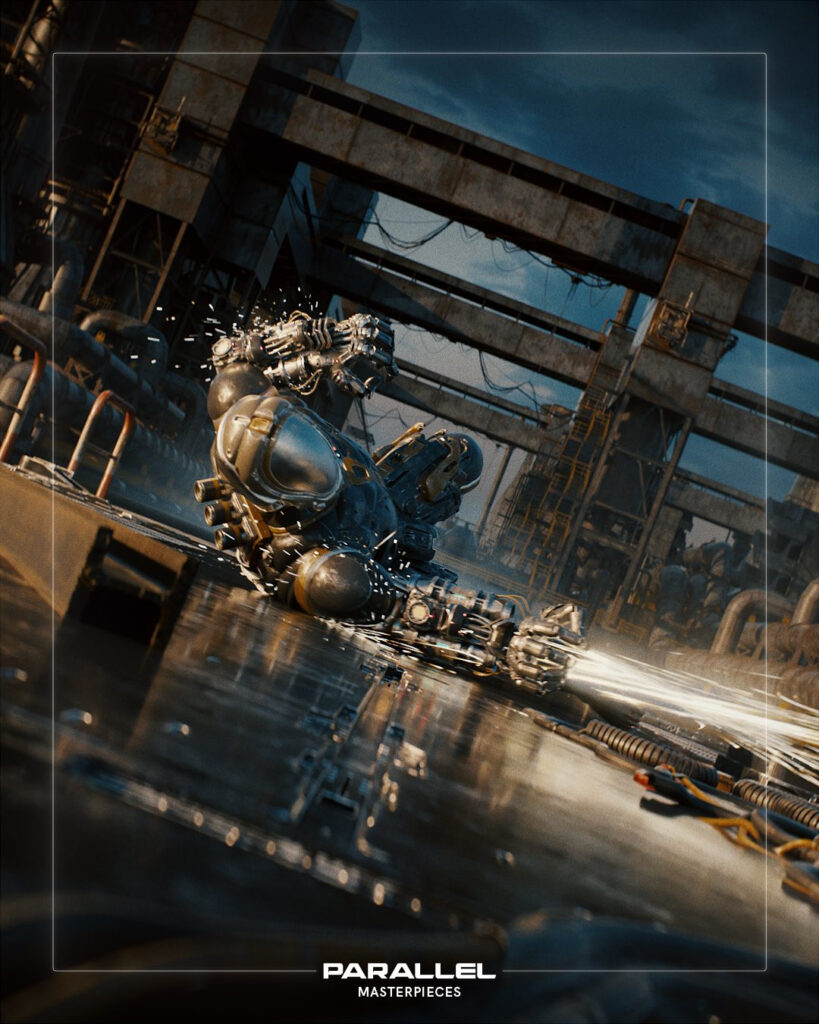
What is Parallel?
Parallel is a sci-fi themed TCG with some interesting mechanics. A lot of it is the standard stuff we expect with a digital TCG these days. Two players build a deck of cards and then take turns drawing and playing these cards in a duel. The first player to reduce their opponent to zero life wins. Cards come in three types — units, effects (spells), and relics. Parallel offers five ‘Parallels’, which are similar to gods / summoners / champions / etc. in other games.
Players build decks of 40 cards in Parallel. Each deck can have up to three copies of a card in their deck, except for Legendary cards, which may only be included once. Each deck can use cards from one Parallel and also cards marked as Universal. In addition, players choose a Paragon for their deck. Paragons offer passive bonuses throughout the match no matter their status, and then also function as in-play units with stats and potentially other bonuses or effects.
The mana / energy system in Parallel requires players to ‘bank’ cards from their hand. Each card banked provides one additional maximum energy each turn. Players begin the game with zero energy, so they will need to bank at least one card. Players can bank one card per turn. And on a turn that they bank a card, they draw an extra card at the end of their turn.
Players who win matches with NFT cards in their deck receive PRIME tokens. Parallel will include a free to play option as well.
PRIME is the main game token, and card collectors can already earn some by staking their cards. Also, Parallel offers a card creation tool called Payload. Players can pay a fee in PRIME tokens to generate new cards. In addition, Parallel supports ‘Artigraph’ cards — NFT cards that are digitally signed by the artist. Players can acquire these limited edition cards by paying a fee and upgrading an existing card.
To learn more about Parallel, visit their website, follow them on Twitter, and join their Discord.

